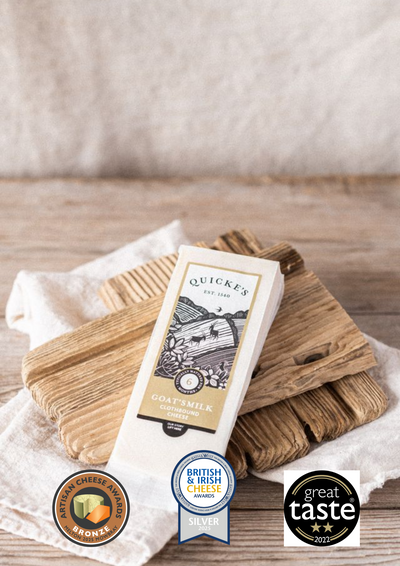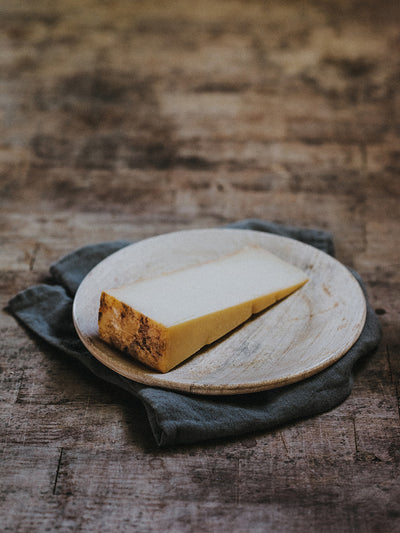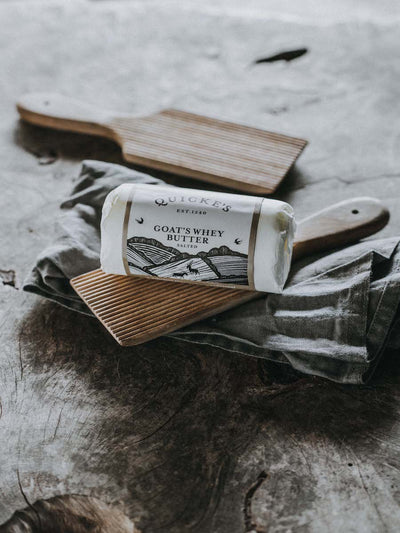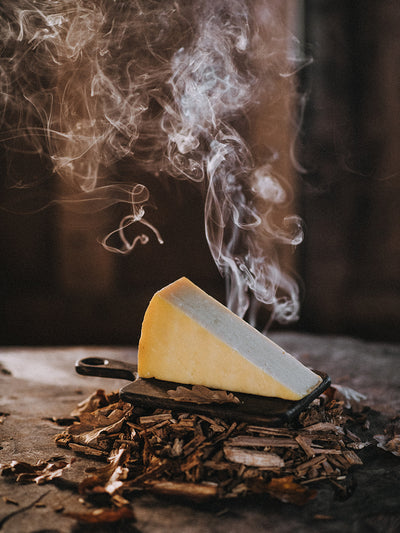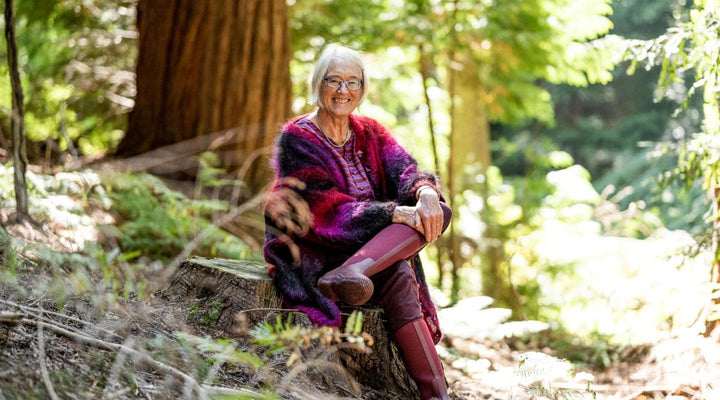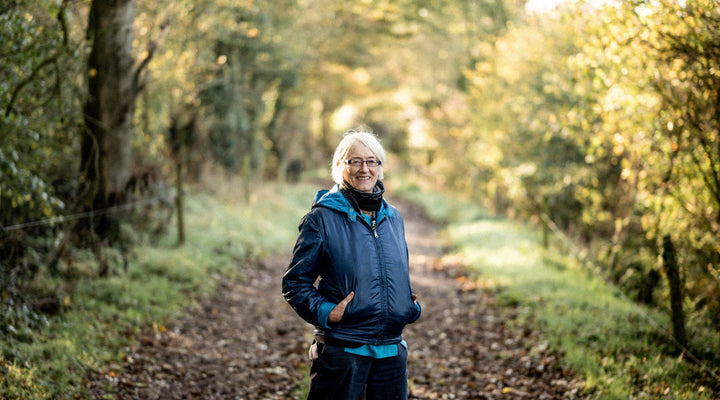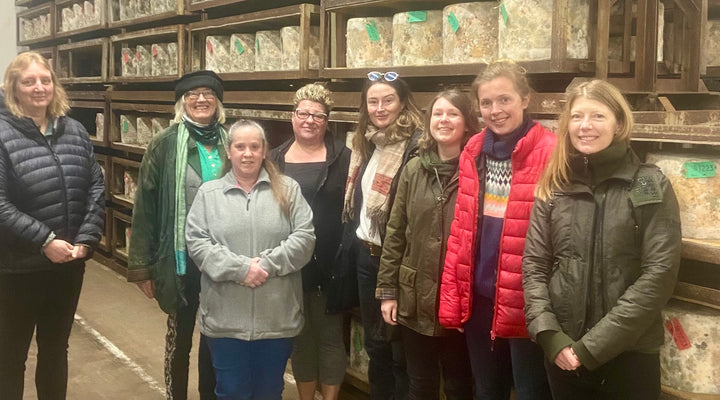NATURE
Everything is flourishing, flowering and rich. The baby horse chestnuts grow behind the ruins of the flowers, as do the ripening apples, elderberries, and hawthorns. The fruit isn’t there yet, and its coming is anticipated in every orchard and hedgerow. There is the same poised-for-harvest feel about the whole countryside.
I see a fallow deer sunning himself on our lane, sheltered other than from the occasional farm vehicle. They get fat and grow antlers at this time of year, and then rut in October, the yearning, competing and fighting puts them off their food. Enjoy your leisure while you can.
ARABLE
The maize meets in the rows. It’s the one crop we plough the soil for. That disturbs our carefully nurtured soil. We are looking to replace it with red clover next year. That doesn’t have so much starch but makes its own fertiliser from the air and helps create good soil structure. For starch, we’ll combine harvest barley this month. We haul it to the store, and when we have silage, we will crimp (slightly squash the grain) and mix it into the cut grass and press it down into the pit, where it will ferment all together. The cows will feed almost entirely from our own feed from the land. We can look after our soil to hold the organic matter in it even when we produce arable crops by only using crops we can grow with no-till methods.
GRASS
Clover takes off in the grassland in July. It doesn’t try and compete with the grass in spring when the grass is at its most leafy glory. Now, the grass plants are shorter of water and are distracted from peak leafiness by wanting to set seed. The clover snucks in, its stolons running over the ground left open by the grass with its mind on other things. The clover roots as it goes, making nodules which are tiny natural fertilizer factories, taking nitrogen from the air and putting it into the soil. We are feeding clover seed to cows. The clover comes out of the back of the cows, complete with natural fertilizer. That will save us bringing the tractor out to sow clover seed and sows it when the grass has just been eaten and is at its shortest.
COWS
The spring cows had a good spring: more of them are in calf from this year’s serving season than ever before. They’ve had good grazing over the spring, and before that an easy winter. If it’s not to their liking, they are less willing to get in calf. The autumn cows are on their summer holidays, eating less nutritious pastures to avoid them getting too fat. Cows have eight weeks away from milking, while their calves are growing big in their bellies, for them to rest in late pregnancy, and get their udders in good shape for the next ten month’s milking. They are sleek and chilled, enjoying the sun on their backs, and the opportunity to sit and chat most of the day.
DAIRY
The cheese dairy is hot work in this weather. We have a fan on the cooling curd to get the temperature down. Too hot, and the cheese may dome a little in the nursery store, so we use a needle to get any gas out. Turning young cheese in the cool of the nursery stores suddenly becomes the most popular job.
We are grating a lot of cheese for a customer to make cheese toasties at festivals. They are lush, gooey and dripping with melted cheese, just right for a festival snack. We were very happy to win 2 Gold, 2 Silver and a Bronze medal at the British Cheese Awards, and a couple of Gold Medals at the Taste of the West Awards.
We are looking into recyclable plastic in our vacuum packed bags, compostable packs currently available fall apart too soon (crumble like an old shopping bag). We know it’s something we must resolve, and we keep asking our bag supplier to come up with a solution. If open the retail pouches at the rind end, you can reuse the bag until the cheese is eaten, folding the bag over and securing it with the label to make better use of the pouch.
M A R Y Q U I C K E

